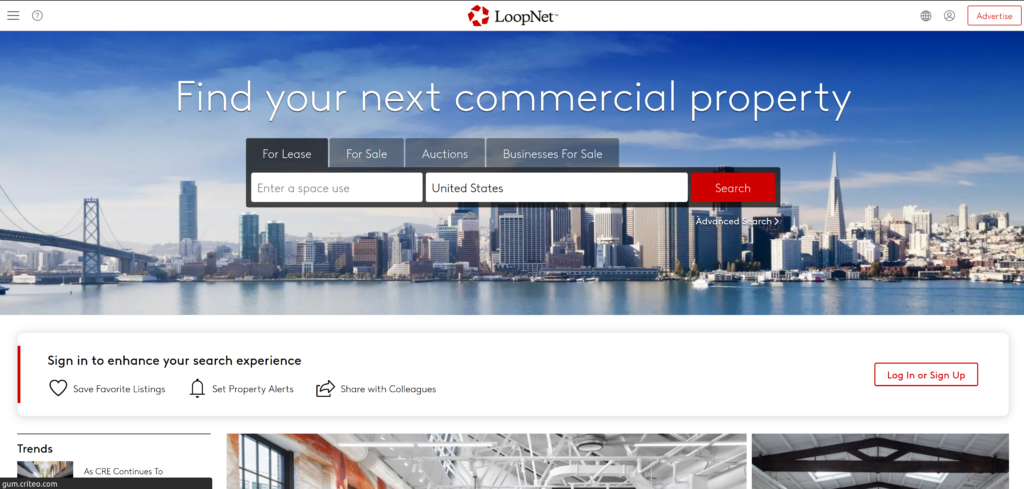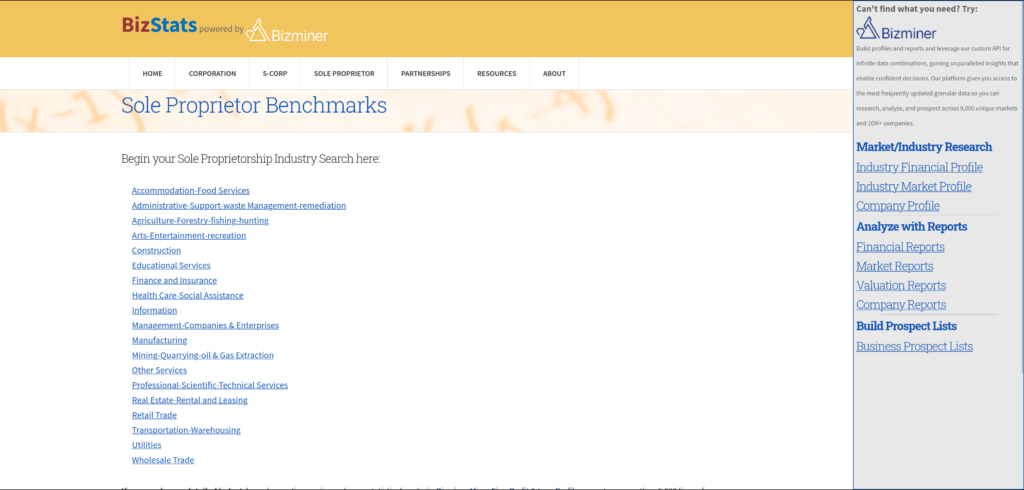
Introduction
Generating leads from realtor websites can transform your real estate business. By leveraging these platforms, you can access valuable data that helps identify potential clients and market trends. This article will guide you through the essential aspects of web scraping to optimize lead generation.
You will learn:
- The definition of web scraping and its significance in real estate
- Target websites for effective data extraction, with a focus on Realtor.com
- Recommended tools and techniques for successful data collection
- Legal considerations and best practices to ensure ethical scraping
- Strategies to overcome common challenges during the scraping process
- How to implement lead generation strategies using the extracted data
Harnessing the power of realtor websites can enhance your ability to connect with potential buyers and grow your business effectively.
Understanding Web Scraping and Its Role in Real Estate Lead Generation
Web scraping is a powerful technique used to extract data from websites. In the real estate industry, this process serves as a critical tool for generating leads. It allows agents and businesses to gather valuable information quickly and efficiently.
What is Web Scraping?
Web scraping involves using automated tools to collect structured data from websites. This information can encompass various elements such as property listings, market trends, and contact details of potential buyers.
For real estate professionals, web scraping offers a competitive edge by enabling easy access to updated property data. It helps identify market opportunities and analyze pricing trends, leading to better-informed business decisions.
How Does Web Scraping Work?
The process of web scraping specifically targets the extraction of property details and identification of leads:
Extracting Property Details
Scrapers navigate through real estate listings on platforms like Realtor.com. They capture essential data points including:
- Property prices
- Square footage
- Number of bedrooms and bathrooms
- Property descriptions
Identifying Potential Buyers
By analyzing the collected data, agents can pinpoint individuals showing interest in specific properties. Insights from scraped information facilitate targeted marketing efforts aimed at prospective buyers.
Leveraging these capabilities not only enhances lead generation but also supports personalized outreach strategies that engage potential clients effectively. Engaging with identified leads based on their interests significantly increases conversion rates.
The effectiveness of web scraping in extracting relevant data makes it an invaluable resource for real estate professionals aiming to maximize their lead generation efforts.
Target Websites for Scraping: Realtor.com and Beyond
When considering platforms for web scraping in the real estate sector, Realtor.com stands out prominently. This site is renowned for its extensive database of real estate listings, making it a prime target for data collection. The potential of web scraping in real estate is immense, offering valuable insights that can significantly benefit real estate professionals.
Overview of Popular Real Estate Platforms
While there are multiple platforms available, such as Zillow, Trulia, and Redfin, Realtor.com offers unique advantages:
- Comprehensive Data: Access to a vast array of property details including prices, square footage, and amenities.
- Direct Association with NAR: Being affiliated with the National Association of Realtors ensures that the listings are accurate and frequently updated.
- User Engagement: The platform attracts a significant number of potential buyers and sellers, increasing leads for real estate professionals.
Benefits of Using Realtor.com for Lead Generation
Scraping data from Realtor.com not only provides businesses with valuable insights into market trends and buyer behavior but also significantly enhances lead generation efforts. Key benefits include:
- Timely Updates: Continuous access to fresh property listings enables agents to stay ahead in competitive markets.
- Targeted Marketing: By analyzing scraped data, agents can identify potential buyers based on their interests in specific properties or neighborhoods.
- Efficiency in Lead Collection: Automating the data extraction process reduces manual effort and streamlines lead generation efforts.
The ability to leverage web scraping techniques on Realtor.com can significantly enhance your ability to generate leads in the real estate market. The wealth of information available allows you to make informed decisions and effectively target your audience.
The Data Extraction Process: Tools and Techniques
Data scraping involves a systematic approach to extract valuable information from realtor websites. Below, the essential steps in this process are outlined, along with recommended tools for automation.
1. Identify Target Data
Clearly define the specific information you want to extract. This can include:
- Property details (price, square footage)
- Seller or agent contact information
- Market trends
2. Choose Scraping Tools
Selecting the right scraping tools is crucial for effective data collection. Two highly recommended options are:
- Bardeen: This tool offers user-friendly automation capabilities that simplify data extraction without extensive coding knowledge. It allows you to create workflows that automatically gather data from targeted websites.
- Octoparse: Known for its robust features, Octoparse enables users to scrape data from complex website structures easily. It provides templates for common tasks, making it accessible for beginners.
3. Configure Your Scraper
Set up your chosen tool by specifying:
- The website URL
- The exact data fields to capture
- Any filtering criteria
4. Run the Scraper
Execute the scraping task, allowing the tool to collect data automatically.
5. Export Data
Once collected, export the scraped data into usable formats such as Excel or CSV files. These formats facilitate further analysis and integration into your lead generation strategy.
Utilizing these techniques ensures a streamlined approach to gathering crucial real estate data efficiently and effectively.
Legal Considerations and Ethical Guidelines in Web Scraping Real Estate Data
When engaging in web scraping, legal compliance is paramount. Adhering to the terms of service of realtor websites helps avoid potential legal repercussions. Each platform may have specific rules regarding data usage. Violating these terms can lead to account bans or even legal action.
To maintain ethical standards, consider the following best practices:
- Respect Robots.txt: Always check the website’s robots.txt file. This file indicates which parts of the site can be accessed by automated tools.
- Limit Request Frequency: Avoid overwhelming servers with excessive requests, which can disrupt normal operations.
- Anonymize Data: Protect personal information collected during scraping. Remove identifiable details to ensure privacy.
- Use Aggregated Data: Focus on collecting insights from aggregated data rather than individual records, minimizing privacy concerns.
Implementing these guidelines helps cultivate trust with potential leads while safeguarding your business from legal entanglements. The balance between efficient lead generation and ethical practices fosters a sustainable approach in the competitive real estate landscape.
Overcoming Challenges in Web Scraping Real Estate Data: Strategies and Solutions
Web scraping in the real estate sector presents unique challenges, particularly concerning data accuracy and the presence of anti-scraping technologies. Ensuring the reliability of scraped data is essential for effective lead generation. Here are key strategies to navigate these obstacles:
1. Dealing with CAPTCHAs
Many websites deploy CAPTCHAs to prevent automated data extraction. Utilizing tools like Selenium can simulate human interactions, effectively bypassing these barriers.
2. Managing Complex Website Structures
Real estate websites often feature intricate layouts that complicate data extraction. Employing robust scraping tools such as Octoparse allows you to create custom scrapers tailored to specific website structures. This flexibility can enhance data collection efficiency.
3. Data Validation Techniques
Implement regular checks on scraped data to identify inconsistencies or inaccuracies. Integrating verification steps can help ensure the quality of leads generated from the data collected.
4. Proxy Usage
Implementing rotating proxies can help mitigate IP bans when scraping at scale. This strategy maintains a smooth scraping process while avoiding detection by anti-scraping technologies.
Adapting these strategies enables real estate professionals to overcome common obstacles associated with web scraping, enhancing the effectiveness of their lead generation efforts.
Automation Tools for Web Scraping Real Estate Leads: Choosing the Right Solution
Automating the web scraping process is essential for efficiently gathering real estate leads. Here are two popular tools to consider:
1. Selenium
This powerful browser automation tool allows you to control a web browser programmatically. You can simulate user interactions, making it ideal for scraping dynamic content that requires navigation through multiple pages or forms. Selenium supports various programming languages, including Python, Java, and C#, which provides flexibility based on your technical expertise.
2. APIs like ScrapingBee
These application programming interfaces streamline the scraping process by bypassing common anti-scraping measures. ScrapingBee handles rotating IPs and CAPTCHAs, allowing you to focus on data extraction without getting blocked by target websites. This tool is particularly useful if you need to gather large volumes of data quickly and reliably.
When selecting the right automation tool, consider the following factors:
- Technical Skill Level: Choose a tool that matches your coding expertise. Selenium may require more programming knowledge compared to user-friendly APIs.
- Specific Requirements: Assess your data needs. If dealing with complex websites or requiring high-volume scraping, tools like ScrapingBee might be more suitable.
- Budget Constraints: Some solutions offer free tiers or trial periods, while others may involve subscription costs based on usage.
Selecting the right automation tool can significantly enhance your web scraping efficiency and lead generation effectiveness in the real estate market.
Implementing Effective Lead Generation Strategies Using Scraped Data from Realtor Websites
Leveraging scraped data can significantly enhance your lead generation efforts. Focus on developing targeted outreach strategies to connect with potential leads effectively. Here are key approaches:
1. Targeted Email Campaigns
Utilize the contact information collected through web scraping to create personalized email campaigns. Tailor your messaging based on specific property interests or market trends relevant to each recipient.
2. Social Media Platforms
Extend your outreach by utilizing social media channels. Share insights from the scraped data, such as market trends and property highlights, to engage potential buyers and sellers.
3. Segmentation
Segment your leads based on their preferences, such as location and property type. This approach allows for more focused marketing efforts, increasing the likelihood of conversion.
Incorporating these strategies maximizes the value of the data you’ve gathered, fostering connections that could turn into successful transactions.
Conclusion: Using Web Scraping to Improve Lead Generation in Real Estate Business
Web scraping is a powerful tool for real estate professionals looking to improve lead generation. The strategies discussed in this article provide a comprehensive framework for effectively using data from realtor websites.
Here are the key points to remember:
- Automated Data Collection: Use tools like Bardeen and Octoparse to streamline the extraction process, saving time and resources.
- Targeted Outreach: Implement targeted email campaigns and social media strategies based on insights gathered from scraped data.
- Legal Compliance: Follow legal guidelines to ensure ethical practices while collecting valuable information.
By incorporating these web scraping techniques into your business model, you can significantly enhance your lead generation efforts. This approach not only provides access to up-to-date property information but also helps you identify potential buyers more efficiently. As the real estate industry continues to change, adopting these data-driven strategies will give you an advantage over your competitors.


